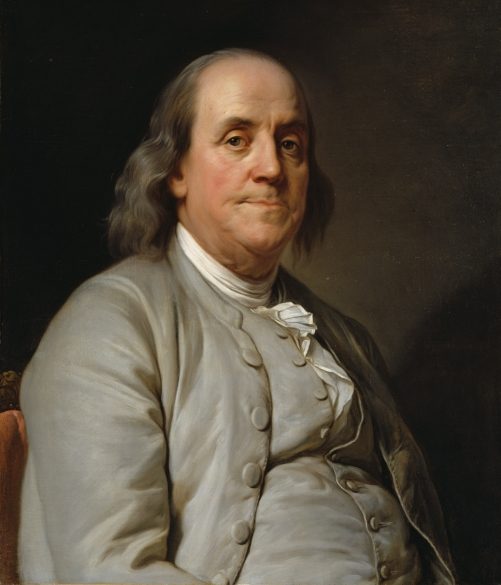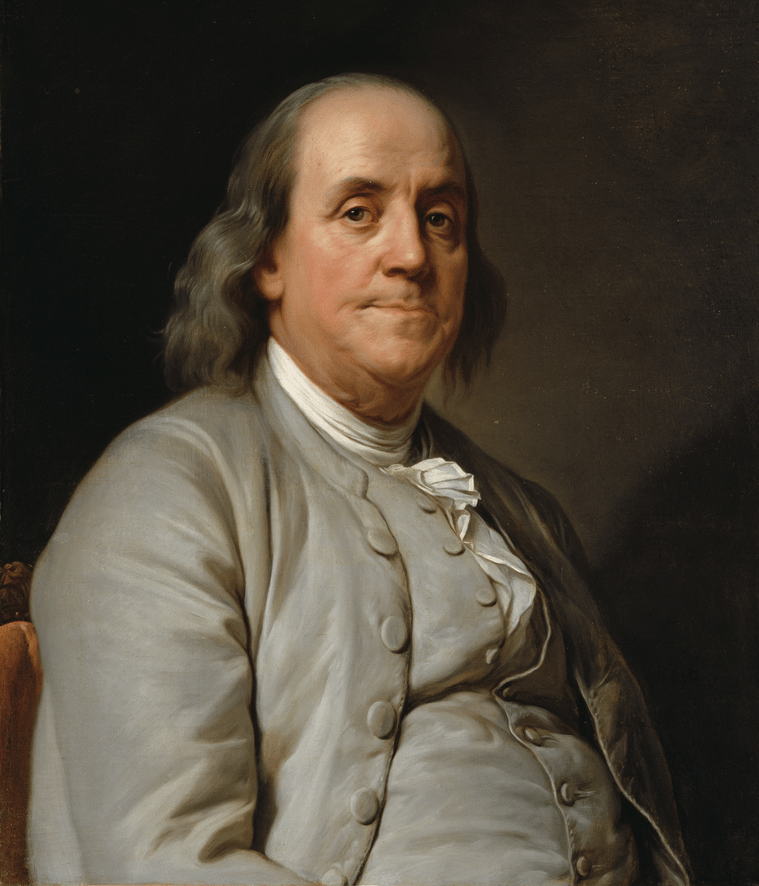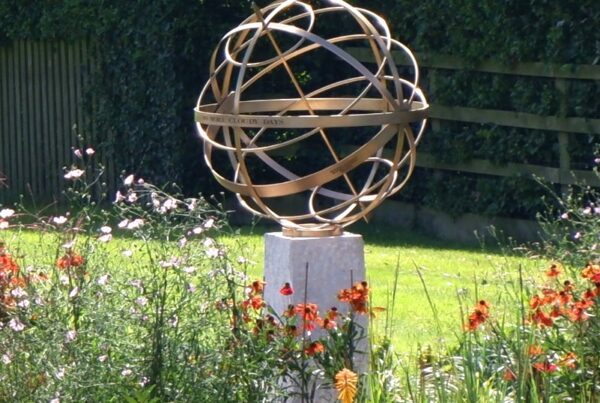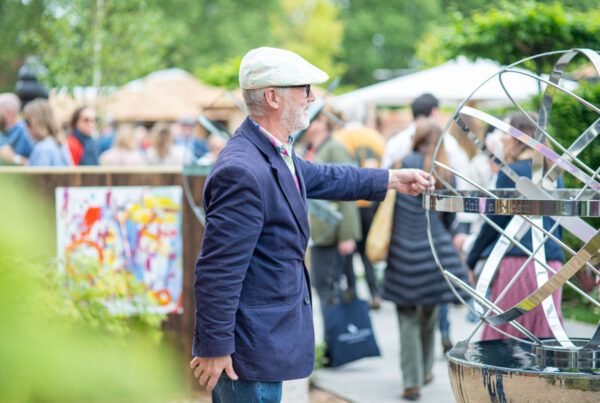“Dost thou love life? Then do not squander time, for that’s the stuff life is made of” has been an enduringly popular quote for Border Sundials on both Armillary Spheres and Horizontal Sundials for many years, here is a little more about the author Benjamin Franklin.

A Life Illuminated by Wisdom and Time
Benjamin Franklin, a polymath of the American Enlightenment, left an indelible mark on history through his multifaceted pursuits and profound insights. One of his most enduring legacies is encapsulated in his timeless quote: “Dost thou love life? Then do not squander time, for that’s the stuff life is made of.” Let’s embark on a journey through Franklin’s life, illuminated by his wisdom on time and living.
A Renaissance Man in the Making
Franklin’s life was a tapestry woven with threads of curiosity, innovation, and determination. Born in Boston in 1706, he defied convention by seeking education through voracious reading and self-study. His insatiable thirst for knowledge propelled him into various roles – printer, author, scientist, inventor, diplomat, and statesman.
The Essence of Franklin’s Philosophy
At the heart of Franklin’s remarkable journey was his philosophy on time. His quote serves as a distillation of his approach to life – an approach that revolved around the conscious and purposeful use of time. Franklin understood that time was a finite resource, an irreplaceable ingredient that shapes the substance of our lives.
His quote’s opening question, “Dost thou love life?” challenges us to reflect on the depth of our appreciation for existence. It encourages us to value every moment and seize opportunities for growth, learning, and connection.
Navigating a Life Fueled by Purpose
Franklin’s life was a testament to his commitment to making the most of each moment. His time in the printing business, where he founded the Pennsylvania Gazette, showcased his innovative spirit and keen observation of human behavior. He used his platform to influence public opinion and drive social change, embodying the notion that time spent contributing to the betterment of society was time well spent.
As a scientist, Franklin’s experiments with electricity yielded groundbreaking discoveries. He harnessed time to deepen humanity’s understanding of the natural world, leaving a lasting imprint on scientific thought.
His role as a diplomat and statesman saw him negotiating crucial alliances during the American Revolution. Franklin’s effective use of time in diplomacy helped shape the foundation of a new nation.
Conclusion: A Legacy of Wisdom
Benjamin Franklin’s life is an embodiment of his own words. His quote, “Dost thou love life? Then do not squander time, for that’s the stuff life is made of,” serves as a guiding light, illuminating the path to a purposeful and impactful existence. Franklin’s wisdom challenges us to cultivate an awareness of time’s significance, reminding us that our actions in the present contribute to the fabric of our future.
As we reflect on Franklin’s legacy, we are reminded that the seconds, minutes, and hours we allocate today are the building blocks of the lives we create. Just as Franklin’s multifaceted pursuits enriched his own journey, may his wisdom inspire us to savor life’s moments and use our time wisely, shaping a legacy that echoes through time itself.



